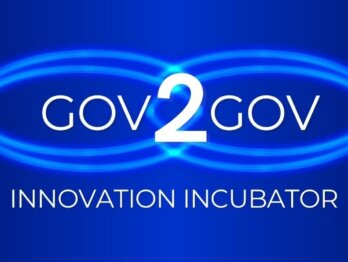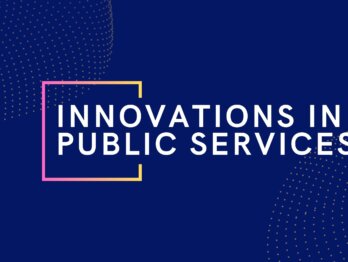Call for Projects: Behavioural Science for Green Transitions

Do you have a project that uses behavioural science to facilitate the green transition? Submit your project by 19 April (Extended) April 14th to the OECD Call!
Amidst global efforts to accelerate the green transition and achieve Net Zero targets, governments stand as pivotal agents of change, balancing societal perspectives with effective policies that align environmental and economic goals with social fairness. At the heart of this transition lie public policies which shape the trajectory of societal change.
When informed by evidence from behavioural science, these policies can catalyse transformative shifts and foster societal acceptance. Recent applications of behavioural science interventions have demonstrated their efficacy in steering individuals and communities toward net-zero goals. These interventions encompass innovative methodologies that delve into public attitudes towards climate change, identify barriers to and drivers of green behaviour, and implement behaviourally informed solutions. By understanding attitudes, social norms, and behaviours on a large scale, behavioural science plays a crucial role in helping countries achieve their green transition objectives.
We are on the lookout for innovative projects that use behavioural science approaches in the design, implementation, and promotion of green policies, and can inspire governments around the world. These initiatives should leverage behavioural science to shape effective climate policies, ultimately paving the way for a more sustainable future.
Criteria for submission
We welcome projects that:
- Leverage behavioural science in policymaking to enable the green transition: This can take many forms including, for example, the application of methodologies to understand public attitudes towards climate change, identifying barriers to and drivers of green behaviours, or implementing behaviourally informed solutions.
- Are implemented, even in their early stages: Projects should have reached their intended users or beneficiaries. Proposals or concepts that have not yet reached this stage do not meet the criteria of this Call.*
- Engage the public sector throughout the project lifecycle: We encourage submission of projects that actively involve the public sector in the design, execution, monitoring, or evaluation phases. Priority will be given to projects that incorporate the perspectives and requirements of the public at each stage.
* For projects in their early stages, we encourage you to register your project in the OECD pre-registration portal.
How to participate
Please verify that your project meets our three criteria above and ensure that your submission is written in clear, plain English. You are welcome to submit more than one project.
We strongly encourage you to draft your responses via the following Word doc, prior to submitting the application. The deadline for submissions is 19 April (extended) 14 April 2024.
Why should you participate?
- Outstanding cases will be featured in the upcoming 2024 OECD policy paper on behavioural science to enable the green transformation. The paper will present best practices, cases, and cutting-edge insights on the use of behavioural science for stimulating positive climate tipping points and societal transformation.
- 40+ cases will be featured in OECD Behavioral Insights Knowledge Hub, highlighting behavioural science projects from around the globe.
This Call is co-funded by the European Union. Its contents are the sole responsibility of the authors and do not necessarily reflect the views of the European Union. The Call additionally supports Pillar 4 of the OECD Reinforcing Democracy Initiative: gearing up government to deliver on climate and other environmental challenges.













